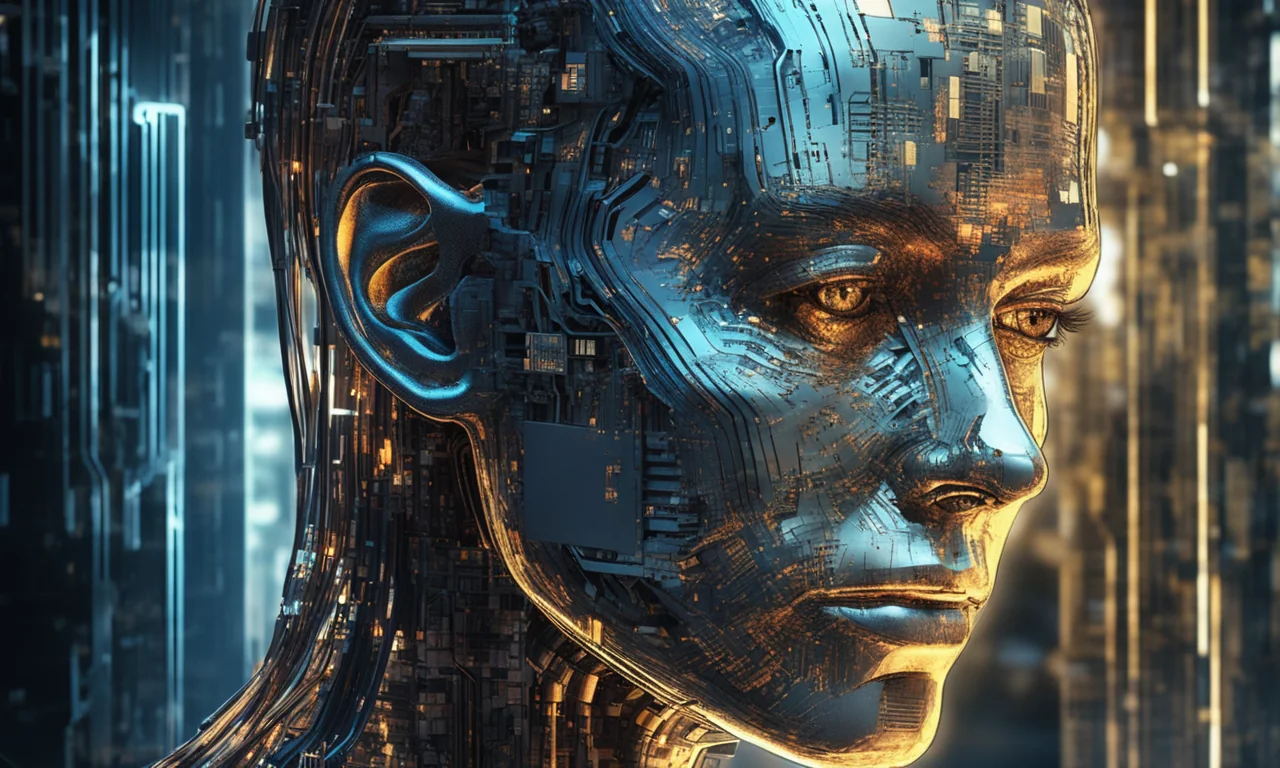
AI Adoption Accelerates Amid Rising Security and Ethical Risks
The expansion of artificial intelligence is driving innovation while exposing critical vulnerabilities in key sectors.
AI discussions on Bluesky today reveal a platform deeply engaged with the evolving boundaries of artificial intelligence—from urgent ethical debates to rapid technological adoption and creative friction. Conversations span practical applications in healthcare and cybersecurity, the philosophical tensions of machine creativity, and the social impact of AI's integration into culture and work. The overall narrative is one of excitement tempered by skepticism, as users grapple with both the promise and the pitfalls of AI-driven change.
AI's Expanding Footprint: Enterprise, Healthcare, and Detection
Across industries, AI is accelerating transformation, most notably in enterprise workflows and health diagnostics. Reports of a rapidly growing cyberattack surface illustrate the urgency for robust security protocols as organizations integrate AI at scale. This trend is matched by healthcare innovations, such as predictive models for diabetes complications and Hong Kong's adoption of AI tools for cancer detection and treatment access. These advances promise earlier interventions and more personalized care, but also expose vulnerabilities in privacy and data bias.
"As enterprises rush to embed AI into their workflows, the cyberattack surface is expanding."- @techdesk.flipboard.social.ap.brid.gy (9 points)
Meanwhile, attention to digital authenticity is rising, with resources like NOVA's deepfake detection documentary highlighting both the technical challenges and societal stakes of AI-powered media manipulation. This is echoed in the game development sphere, where events like Nvidia GTC 2026 and intellectual property competitions are exploring the intersection of creativity, law, and AI, underlining the broad reach of artificial intelligence into new domains.
The Limits and Controversies of AI Creativity
While AI's predictive power is celebrated, users are increasingly skeptical about its capacity for genuine creativity and cultural sensitivity. A philosophical thread runs through posts like Martin Bihl's reflection on jazz improvisation and machine learning, which argues that AI is limited to replication and prediction, leaving true innovation in the hands of humans. This tension is sharply felt in creative professions, where posts such as TJ Walker's account of building an AI version of himself and the provocative question of whether audiences would pay to watch AI-generated actors signal existential uncertainty for creators.
"Would you pay to watch a movie starring an AI actor instead of a human one?"- @tjwalkersuccess.bsky.social (1 point)
On the literary front, skepticism about AI's cultural competence is foregrounded in Tiffany McDaniel's critique of using AI for character development, especially in representing marginalized voices. The debate extends to the metaphysical, with Jiulio Consiglio's post framing the human ego itself as a form of artificial intelligence, suggesting a spiritual dimension to the AI conversation and urging a shift toward self-awareness and inner stillness.
"AI, in its current state, functions by predicting the next most likely note based on existing data, and therefore cannot inherently create wrong notes—only humans can."- @martinbihl.bsky.social (7 points)
AI Hallucinations, Ethical Fault Lines, and the Road Ahead
The inherent limitations of large language models are a source of anxiety and reflection on Bluesky, as seen in the recent OpenAI research revealing the mathematical inevitability of AI hallucinations. This finding suggests that confidently stated falsehoods may be an unavoidable feature, not a bug, in consumer AI applications. The potential for misinformation amplifies ethical concerns about deploying AI in sensitive areas such as healthcare, creative work, and public discourse.
"OpenAI has published a new paper identifying why ChatGPT is prone to making things up. Unfortunately, the problem may be unfixable without also killing off AI use."- @jscottcoatsworth.bsky.social (10 points)
Collectively, today's posts chart a landscape where AI is seen as both a driver of innovation and a source of profound uncertainty. As game development events such as Nvidia GTC 2026 push the boundaries of what's possible, the conversation on Bluesky remains sharply focused on balancing progress with responsibility, human ingenuity with machine power, and optimism with caution.
Excellence through editorial scrutiny across all communities. - Tessa J. Grover